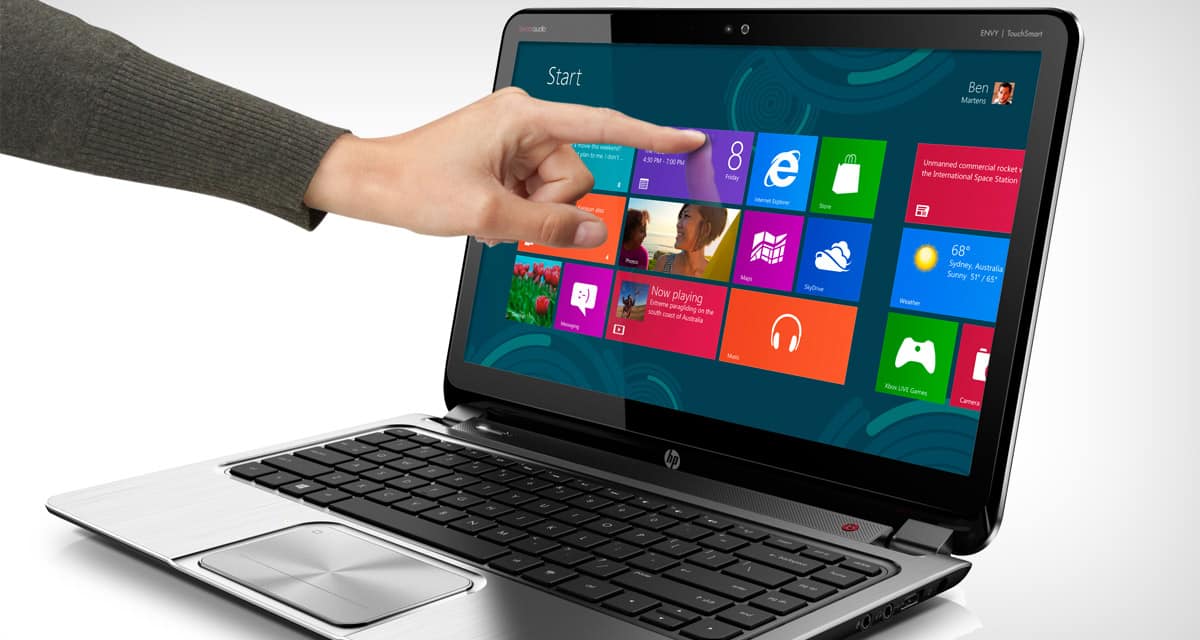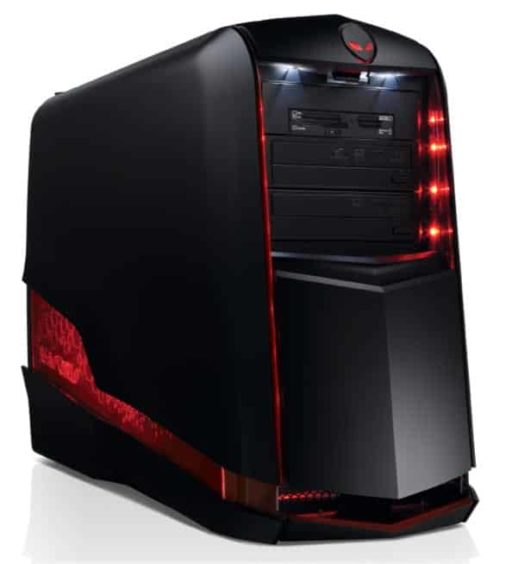Approximately, 76.3 million units PC units shipped globally in the first quarter of 2013, which is 14% lower compared to the same period last yer. According to research firm IDC, this is the lowest PC sales since the firm started keeping track in 1994. IDC has blames Microsoft’s Windows 8 as the prime factor behind this decline.
IDC program vice president of Clients and Displays division Bob O’Donnell said in a statement, “At this point, unfortunately, it seems clear that the Windows 8 launch not only didn’t provide a positive boost to the PC market, it’s actually hurt the market.” O’Donnell added, “the radical changes to the [user interface], removal of the familiar Start button and the costs associated with touch PCs have made PCs a less attractive alternative to dedicated tablets and other competitive devices.”
Jay Chou, a senior research analyst with IDC, added that many users are worried to shift to Windows 8 because of its “compromised experience,” let along the business users who are still upgrading to Windows 7.
Source: IDC
[ttjad keyword=”laptop-hp”]



All due to lacking oversight.
Nobody was keeping tabs on Sinofski’s moronic decisions, since they seemed to fit in with corporate strategy.
Except for the little part of users making it very clear they didn’t like being forced, rather than having the new stuff as an option to explore at their leisure, and when it was appropriate.
Consumer PC sales will always fall due to saturation.
Most people already own a PC. Many people are buying tablets for the first time. The average consumer who uses the PC for low powered duties such as web browsing and typing the odd document sees no real benefit in replacing a six year old desktop PC. Result: PC sales continue to fall.
As for desktop PCs: If desktop PC companies want to see a reduction in PC sales, then they need to do the following:
1) Microsoft must not turn its back on the enterprise PC market that grew Microsoft. Many aspects of Windows 8 are frustrating, divisive, unintuitive and straight up make no sense for a desktop office PC. Microsoft’s narrow minded “touch screen is perfect for everything” mentality will help to kill the 50% or so of the desktop PC market which is currently the most healthiest: Enterprise.
2) The lack of properly (and I mean, properly) advertised media center PCs sold with an infra red remote control is a largely missed opportunity. I spent the past five years working in various stores of a UK national consumer electronic company. One of the ten most popular customer requests is: “where can I find the cable that connects the laptop to my TV”. The point being that while Microsoft have put Windows Media Center on death watch, there are thousands of customers looking to connect their laptops to the TV. Mostly for playing media on their TV’s. The vast majority of these customers are unaware that the PC can also be controlled via a “discontinued” Microsoft infra red remote control from the comfort of their couch. The second biggest problem with desktop PCs for the home – after the fact that most people see no reason to replace theirs – is that consumers have lost interest with the idea of having a desk, desk chair, dedicated monitor and to then sit themselves down in an unsociable dark corner of their house just to surf the net or type a quick email. This is where laptops and tablets come in and where traditional desktops will never be able to compete. People can relax on their sofas with their tablets. Media is best enjoyed on the big screen. Whether it involves showing guests their family photos, enjoying Youtube with the family, or watching a downloaded or DVD movie. However, if Microsoft continue to overlook the importance of a proper Windows Media Center front with its optimized ten foot interface design and Microsoft limit themselves to the idea that the future is ALL touch screen handheld devices, then they miss the thousands of customers who want a media center experience on the big screen which is sitting ten foot away. If you look at the success of laptops and tablets and the way consumers want to relax in their homes, “desktop” home PCs are being marketed in a wrong way. You could say they are out of date and need to be reinvented as Media PCs for connection to the living room TV.